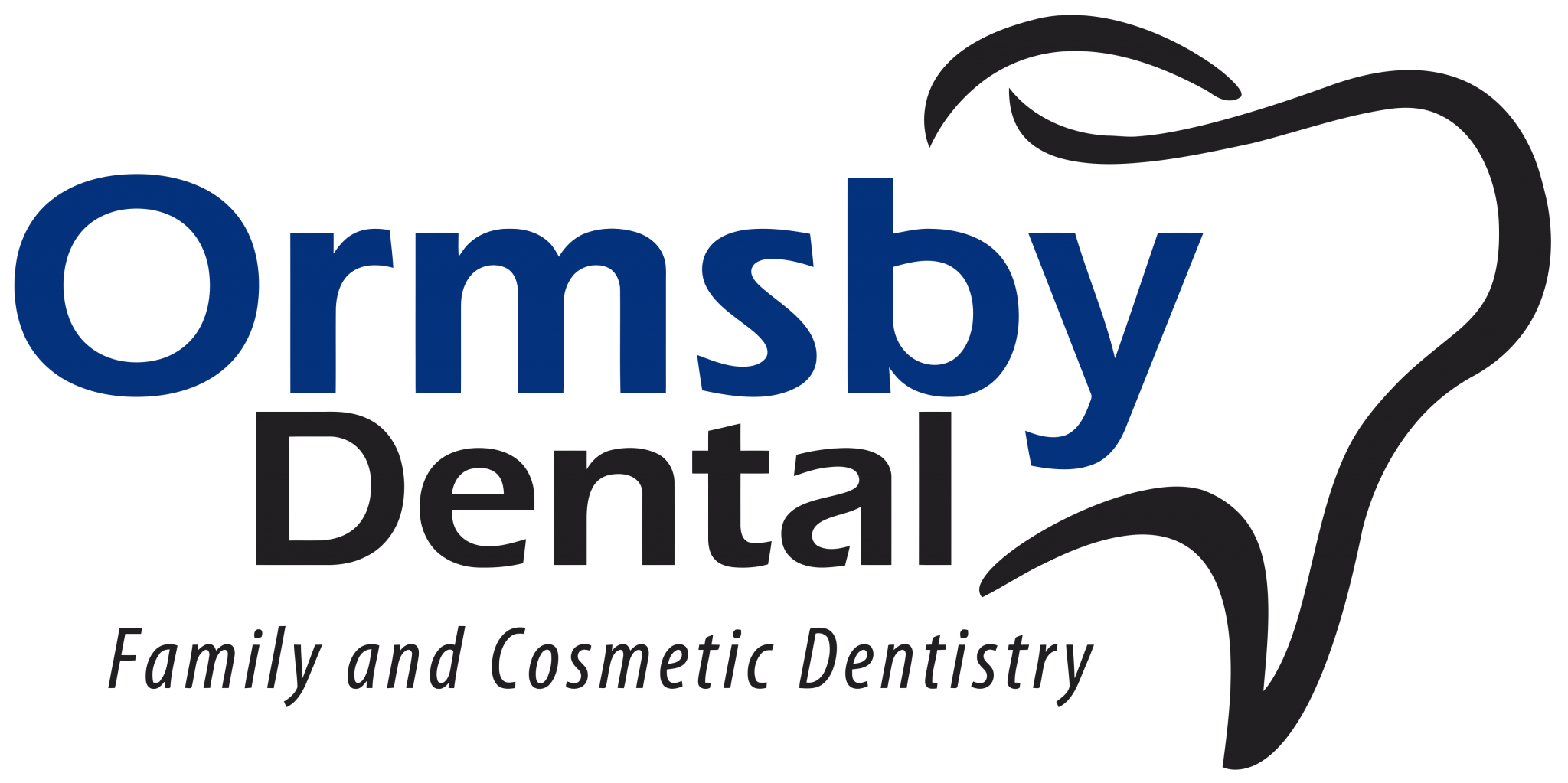Exactly what are Tooth Implants?
Oral implants are metal posts or frames that are surgically positioned into the jawbone below your gums. Once in place, they enable your dentist to mount replacement teeth onto them.
How do Tooth Implants Work?
Since implants fuse to your jawbone, they supply steady support for artificial teeth. Dentures and bridges mounted to implants won’t slip or shift in your mouth– a specifically important benefit when eating and speaking. This secure fit helps the dentures and bridges– in addition to individual crowns placed over implants– feel more natural than traditional bridges or dentures.
For some people, normal bridges and dentures are simply not comfortable and even possible, due to sore spots, bad ridges or gagging. In addition, common bridges must be connected to teeth on either side of the space left by the missing tooth. A benefit of implants is that no surrounding teeth have to be ready or ground down to hold your brand-new replacement tooth/teeth in place.
To receive implants, you need to have healthy gums and adequate bone to support the implant. You need to also devote to keeping these structures healthy. Meticulous oral hygiene and regular dental sees are important to the long-term success of dental implants.
Implants are usually more pricey than other methods of tooth replacement, and many insurance providers typically cover less than 10 percent of the costs.
The American Dental Association thinks about two types of implants to be safe.
They are:
- Endosteal Implants– these are surgically implanted directly into the jawbone. Once the surrounding gum tissue has actually healed, a second surgical treatment is had to connect a post to the initial implant. Lastly, a synthetic tooth (or teeth) is connected to the post-individually, or organized on a bridge or denture.
- Subperiosteal Implants– these consist of a metal frame that is fitted onto the jawbone simply listed below the gum tissue. As the gums heal, the frame ends up being fixed to the jawbone. Posts, which are connected to the frame, protrude through the gums. As with endosteal implants, synthetic teeth are then installed to the posts.
To learn more on dental implants you can call ORMSBY DENTAL at 801-407-9956.
